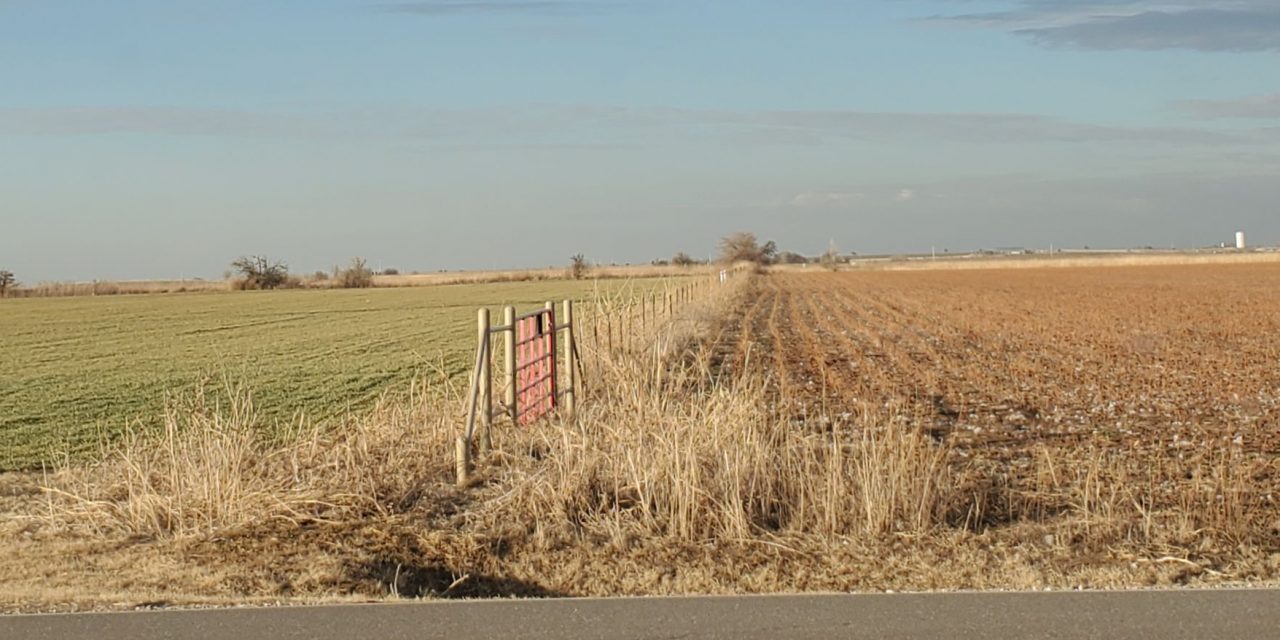Driving down a back road recently, I came to a fork in the road. Directly in front of me was a fence dividing two fields. The field on the left was beautiful with green wheat just starting to grow. The field on the right, however, was brown and littered with empty, dying cotton stocks–remnants of the harvest that took place a few months ago. The scene offered a vivid portrayal of the saying, “The grass is always greener on the other side.”
People use this phrase to address discontentment. The underlying premise suggests that the grass only seems to be greener but that it really is not. To venture to the other side would only lead to further discontent and the quest for even greener grass elsewhere.
Typically, the “grass” of our lives is just fine. But what do we do when it’s not? What do we do when we find ourselves in the dusty fields and catchy platitudes just won’t cut it?
In those moments, we must pause, take a deep breath and fix our eyes on the One who guides our steps. When life falls apart, we must hand Him the pieces. If God can bring life from dust, He can bring beauty from the ashes of our despair. He can handle all of our doubts, fears, questions and emotions.
We should also remember that, just as the cotton harvest gives way to the beginnings of the wheat season, our lives also go through periods of transition and change. God knows the rhythms of creation. He knows what has come before and what awaits us tomorrow. He knows what season we are in, even when we do not, and He has a plan and a purpose in it all. We can walk confidently the path He has set before us because we know His character—that He is supremely trustworthy and good.
Joseph faced more hardship in his life than most—thrown into a pit, sold into slavery, falsely accused and wrongfully imprisoned. Yet the Bible tells us “the LORD was with Joseph” through it all. Being thrown in the pit saved his life. Being sold into slavery brought him to Egypt. The false accusation and imprisonment led to his introduction to Pharaoh. All of these positioned him to save countless lives and bring God immeasurable glory.
Habakkuk said it this way, “Though the fig tree should not blossom, nor fruit be on the vines, the produce of the olive fail and the fields yield no food, the flock be cut off from the fold and there be no herd in the stalls, yet I will rejoice in the Lord; I will take joy in the God of my salvation” (Hab. 3:17-18).
Whether we find ourselves in lush, green meadows or trudging through barren wastelands, we need to keep our eyes fixed on the One who brings each season in its time and guides every step of our journey. We can delight in our God who wastes neither our trials nor our triumphs, but steadily works all things for His glory.





